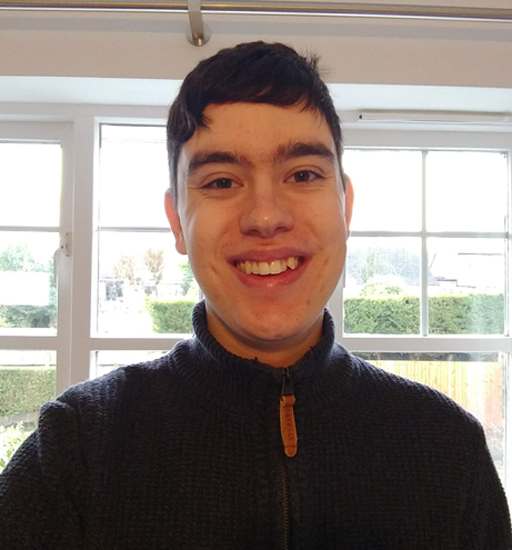Exams, college and university
Moving through higher-education can be a difficult time for young adults and it’s often even more challenging if you’re living with a brain tumour. So it’s important to understand the support that may be available to you.
Reasonable adjustments for exams
Exams can present a range of difficulties for children and young people affected by a brain tumour. These can be a result of the brain tumour itself or the side effects following treatment.
These side-effects can include:
- fatigue
- difficulties with thinking and remembering things
- and/or various learning difficulties.
Students may also feel worried or anxious about how they’ll cope with exams, which can have a major impact upon their well-being.
Schools, colleges and universities should understand a child or young person’s strengths, needs, worries or concerns. This will help lower anxiety and uncertainty and support the student in the best way possible.
Our education resources have more information on what to expect when a child or young person returns to school after a brain tumour diagnosis and outline the help available.

Join our community on Facebook
Our closed Facebook group is a great place to connect with other young adults affected by a brain tumour and share your experiences.
What is a reasonable adjustment?
In this case, reasonable adjustments describe the changes or adaptations exam boards can make for a student with a brain tumour diagnosis. These changes will help level the playing field for the child or young person who is taking the exam or assessment, so they’re not at a disadvantage.
Common reasonable adjustments for exams
Reasonable adjustments depend greatly upon each person’s strengths and needs, but here are some of the more common ones made:
- Extra time and/or opportunities for breaks during exams. Extra time is often 25% more than the standard exam time, but it may be more.
- Alternative and preferred assessment format, e.g. large print, use of coloured paper
- Alternative & assistive technology, e.g. specialist software
- Support from another individual, such as a prompter, scribe or reader
- Access to a quiet room when taking the exam, so the student isn’t be disturbed.
For more information, tips and strategies for the exam period, check out the top exam tips below, written by Caleb, a member of our Young Adult community.

My top exam tips
It’s not all doom and gloom! Exams will be over soon and I’ve got some tips to share to help you get through.
Support and Information Services
Research & Clinical Trials Information
You can also join our active online community.
In this section

Get support
If you need someone to talk to or advice on where to get help, our Support and Information team is available by phone, email or live-chat.
Recommended reading
Thank you!
We are grateful to the Elliott Simmons Charitable Trust and the Lewis Moody Foundation who kindly support our Young Adults Service.